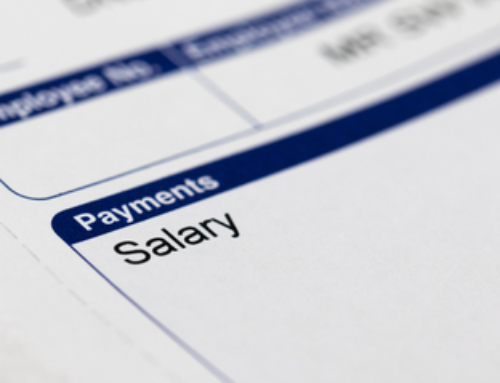Employment law is a vital tool for ensuring positive relationships between employers and employees. It governs what employers can expect from employees, what employers can ask employees to do, and sets out employees’ rights at work.
What does employment law cover?
Employment law legislation covers everything in the workplace, ensuring that both employers and employees have rights and obligations (and that there is recourse if those rights and obligations are not met). It covers everything from pay, the recruitment process, dismissals, perks and benefits, to discrimination.
Which are the most important pieces of employment law legislation?
This is the Act which governs the majority of the employer/employee relationship. It covers important items such as contracts of employment, pay, dismissal and maternity and paternity rights. This Act is extremely important and is the ‘go to’ for most employment disputes. The Act was brought in to codify several pieces of law which already existed surrounding employment, and brought them all into one place. It has since been amended many times, and now includes laws surrounding flexible working and shared parental leave.
The Equality Act 2010 sets out the nine protected characteristics that it is illegal to discriminate on. This is extremely important for the employment arena because discrimination can occur in the hiring process, it can play a part in dismissals and it can cause difficulties in day to day working relationships. The protected characteristics are:
- Sex
- Religion or belief
- Pregnancy and maternity
- Race
- Sexual orientation
- Marriage and civil partnership
- Gender reassignment
- Disability
- Age
This is an incredibly significant Act. It protects employees and sets the standards for health and safety in the workplace. Failure to comply with the Act leads to the most extensive repercussions in the employment law arena – it can end with enormous compensation or, in extreme cases, Corporate Manslaughter charges. In brief, employers are required to do everything reasonable and sensible in order to ensure their employees’ health and safety.
There are many more pieces of legislation relating to employment law, but these are among the most significant.
What happens if a dispute occurs?
This employment law legislation is in place to ensure that in the event that a dispute arises, it is resolved fairly and reasonably. The first step would always be a sensitive discussion (perhaps with an HR representative present). It may be that there has been a simple misunderstanding that can be solved easily. If this does not work, then getting help from a third-party may be necessary. This can be in the form of mediation, conciliation or arbitration.
If these do not work, then you may need to attend an employment tribunal. Here, the judge will listen to the evidence from both sides and decide on the outcome. Employment law is about compensation rather than punishment (unlike criminal law), so the party will need to be put back in the position they would have been in, had the dispute not occurred.
When should I engage a solicitor?
Whether you are an employer or an employee, if you are experiencing a dispute and aren’t sure what the next steps should be, it is a good idea to contact a solicitor for advice. At Beeston Shenton, we have teams for both individuals and businesses, so get in touch to discuss your employment law needs.




